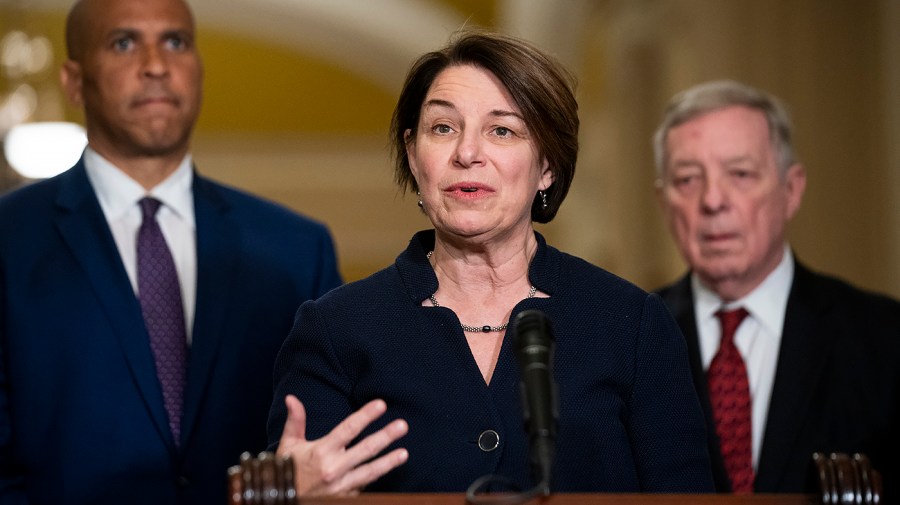Today’s Political News: Trump Imposes Tariffs on Canada, Mexico, and China
On February 1, 2025, President Donald Trump issued executive orders imposing new tariffs on imports from Canada, Mexico, and China, set to take effect on February 4, 2025. This move has sparked concerns about potential economic impacts and retaliation from affected countries.
Key Points:
25% tariffs on imports from Canada and Mexico
10% tariffs on imports from China
Canadian energy resources face a lower 10% tariff
Tariffs apply to goods entered for consumption after 12:01 a.m. EST on February 4, 2025
Goods in transit before February 1, 2025, are exempt
Section 321 customs de minimis entry process suspended
Potential Impact:
The implementation of these tariffs could have significant effects on the U.S. economy and international trade relations. Experts are divided on the potential outcomes:
Economic concerns: Some economists worry about increased costs for U.S. consumers and businesses, potentially leading to inflation and job losses in import-dependent industries.
Trade retaliation: Canada, Mexico, and China have signaled their intention to retaliate, which could escalate into a broader trade war.
Supply chain disruptions: Companies may need to reassess their global supply chains, potentially leading to shifts in manufacturing and sourcing strategies.
Diplomatic tensions: The tariffs may strain relationships with key U.S. allies and trading partners, particularly Canada and Mexico under the USMCA.
Background:
These tariffs align with President Trump’s “America First” trade policy, outlined in a memorandum issued on his inauguration day. The policy aims to address perceived trade imbalances and unfair practices by other countries. Trump has previously used tariffs as a negotiating tool during his first term, particularly in dealings with China.
Different Perspectives:
Democratic View: Senator Amy Klobuchar has criticized the tariffs, stating they are “not what the American economy needs right now.” Democrats generally argue that tariffs can harm U.S. consumers and businesses by increasing prices and disrupting supply chains.
Republican View: Supporters of the tariffs argue they will protect American industries and jobs, force fairer trade practices from partner countries, and reduce the U.S. trade deficit.
Economic Expert View: Some economists warn that tariffs could lead to higher prices for consumers, potential job losses in certain sectors, and retaliation from affected countries that could harm U.S. exporters.
Why It’s Important:
Economic Impact: The tariffs could affect a wide range of industries and consumers, potentially impacting prices, jobs, and overall economic growth.
International Relations: This move may strain diplomatic and economic ties with key U.S. allies and trading partners.
Global Trade Landscape: The tariffs could reshape global supply chains and trade flows, with potential long-term consequences for the international economic order.
Domestic Politics: The tariff policy is likely to be a significant issue in upcoming political debates and elections.
As this situation develops, it will be crucial to monitor the responses from affected countries, the impact on various industries, and potential adjustments to U.S. trade policy. The long-term effects of these tariffs on the U.S. economy and international trade relations remain to be seen.









